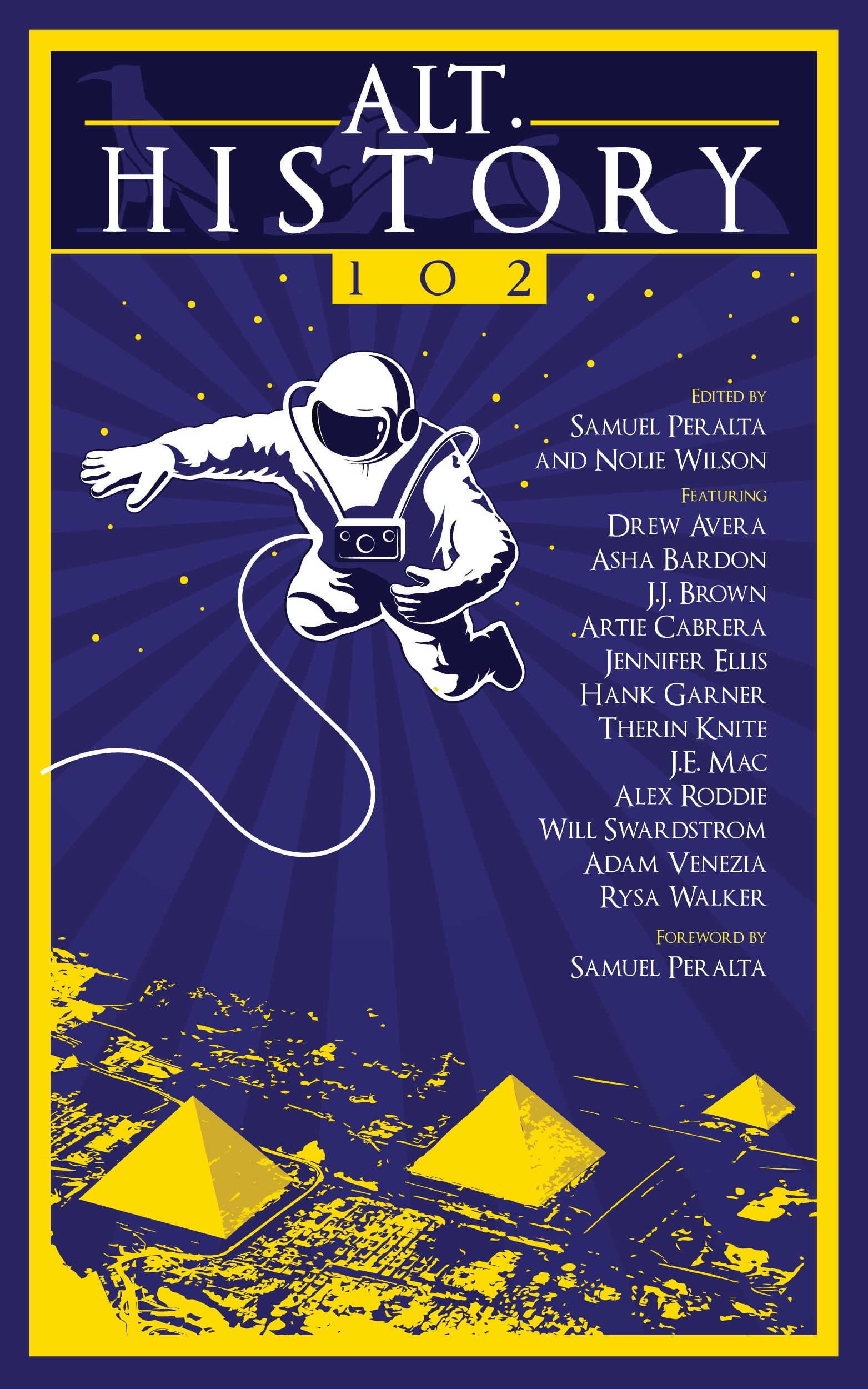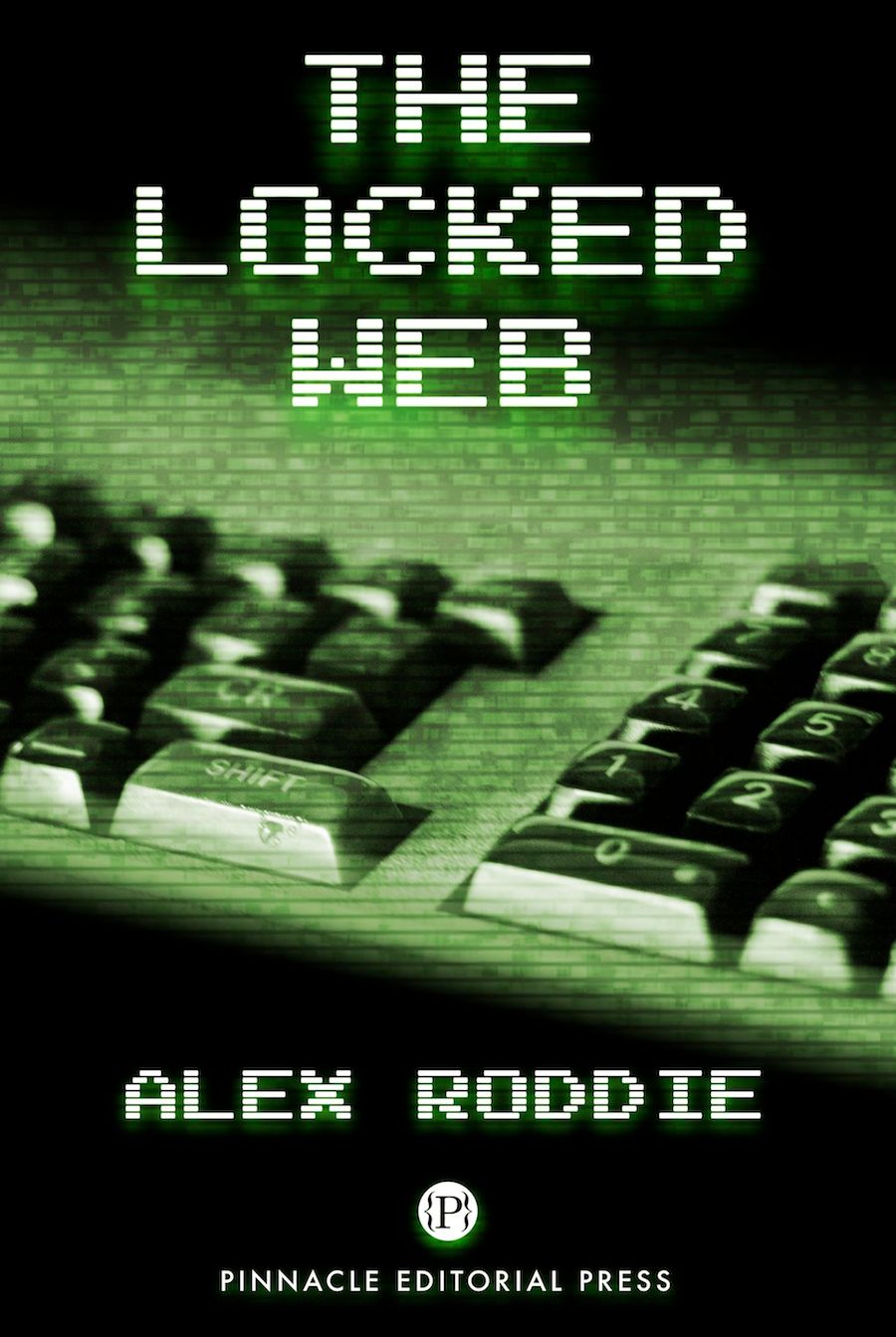An exciting new alternate history anthology out now

Alt.History 102, a new Future Chronicles anthology curated by Samuel Peralta, is out now – and it contains a new short story, The Locked Web, written by me.
I’ve always been fascinated by alternate history. It’s a subgenre of speculative fiction, and asks a simple ‘what if?’ question of history: what if things had been different? Some of these ideas are familiar. What if the Nazis had won World War II? What if the American War of Independence turned out differently? But sometimes alternate history is about very subtle changes – perhaps two people who never met in real life are gently nudged together, and history changes as a result.
The stories in Alt.History 102 include characters such as Nikola Tesla, Adolf Hitler, Marie Antoinette, and Wolfgang Amadeus Mozart. It’s a fascinating glimpse into how the world might have been.
About my story, The Locked Web

What if the Cold War never ended, and control of the internet was seized by ever more authoritarian governments to power their machine of war? Eric Critchley, housebound and lonely, attracts the attention of the secret police when he starts building a computer to help himself get online—a dangerous activity in the Britain of 2015.
That’s the blurb, but The Locked Web is really two different alternate-history concepts in one. What if the Cold War never ended? and What if the internet never developed? In my story, these two ideas are tightly interwoven. A Soviet cyber-attack in 1982 leads to the microcomputer boom of the eighties failing in the marketplace, and the web is simply never invented. By 2015, Britain is still locked in a bitter war with the USSR and electronic communications are tightly controlled. Small-scale atomic attacks have been a fact of life for twenty years.
Computers have evolved in a weird direction, too, and this is really how I first got the idea for the story. I started to wonder what the world would be like today if small British computing firms such as Acorn, Sinclair and Psion hadn’t died off early, but instead flourished after a hypothetical failure of IBM and Apple. In this alternate history, Britain is the computing powerhouse of the world – but that’s largely irrelevant, because computing has no place in the lives of most people.
In the 2015 of The Locked Web, computers are seen as suspicious and alien objects. Old mainframes and dumb terminals are used in places like national libraries and universities, but the government has access to advanced tech such as e-ink desks. The only unregulated network is the Academic Subnet, and that’s where a new freedom movement arises – the Web Supremacist movement. Mirroring true events, the effort to set information free emerges from academia.
~~~
You can download Alt.History 102 for the low launch price of 99p – this week only. A paperback edition is in development.
Alex Roddie Newsletter
Subscribe here to receive my occasional personal newsletter in your inbox. (For the fun stuff, please consider subscribing to Alpenglow Journal instead!)



